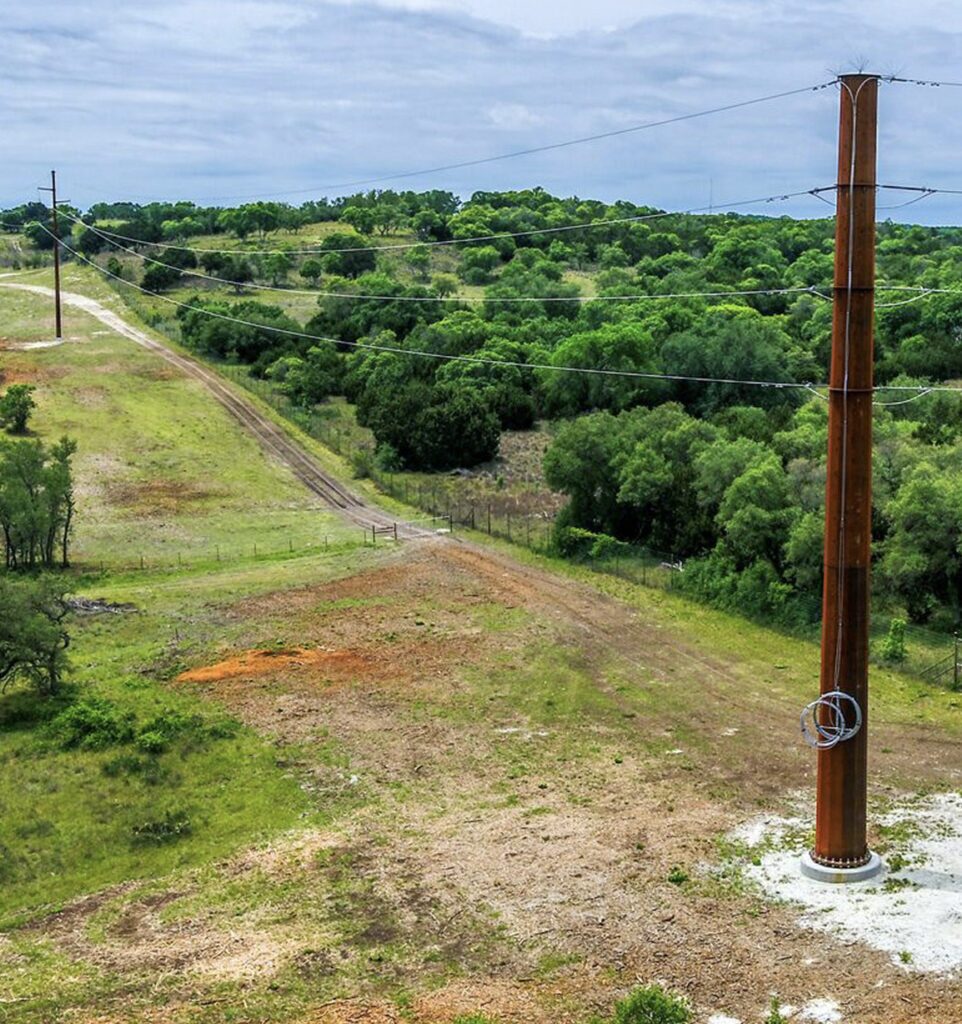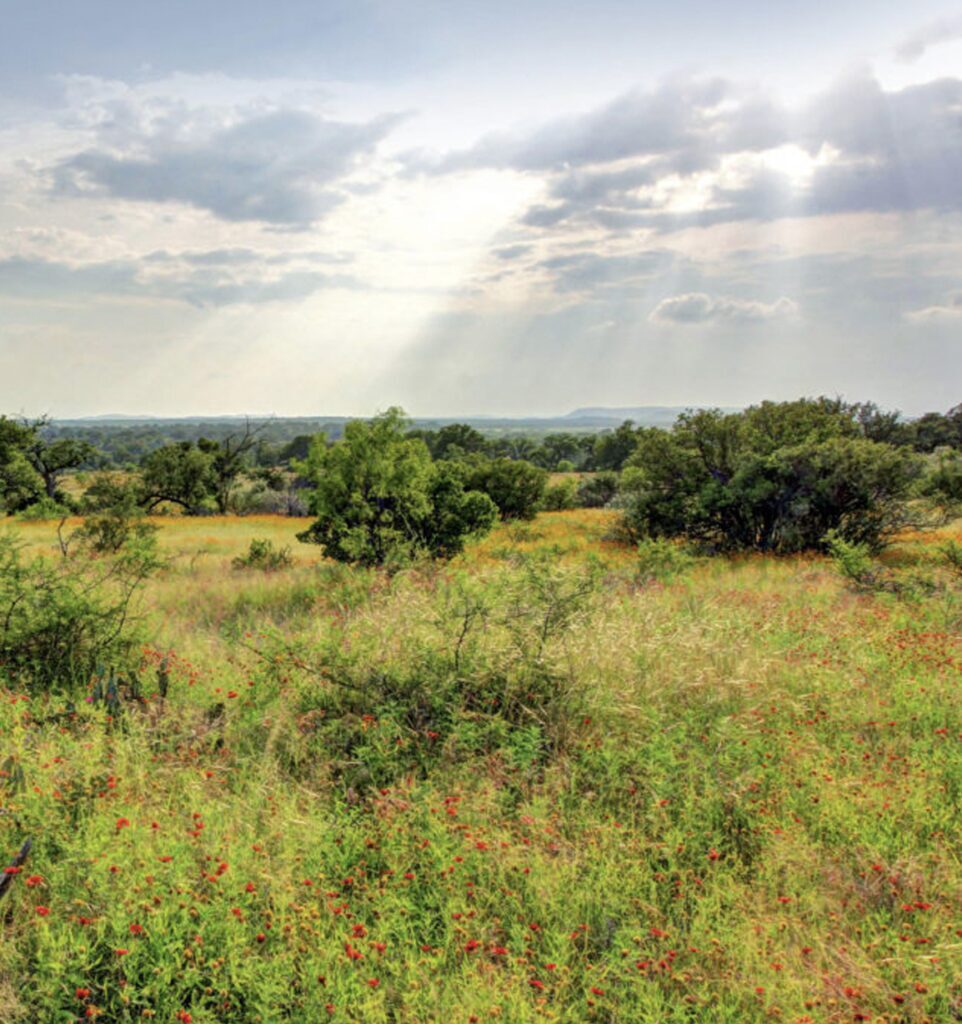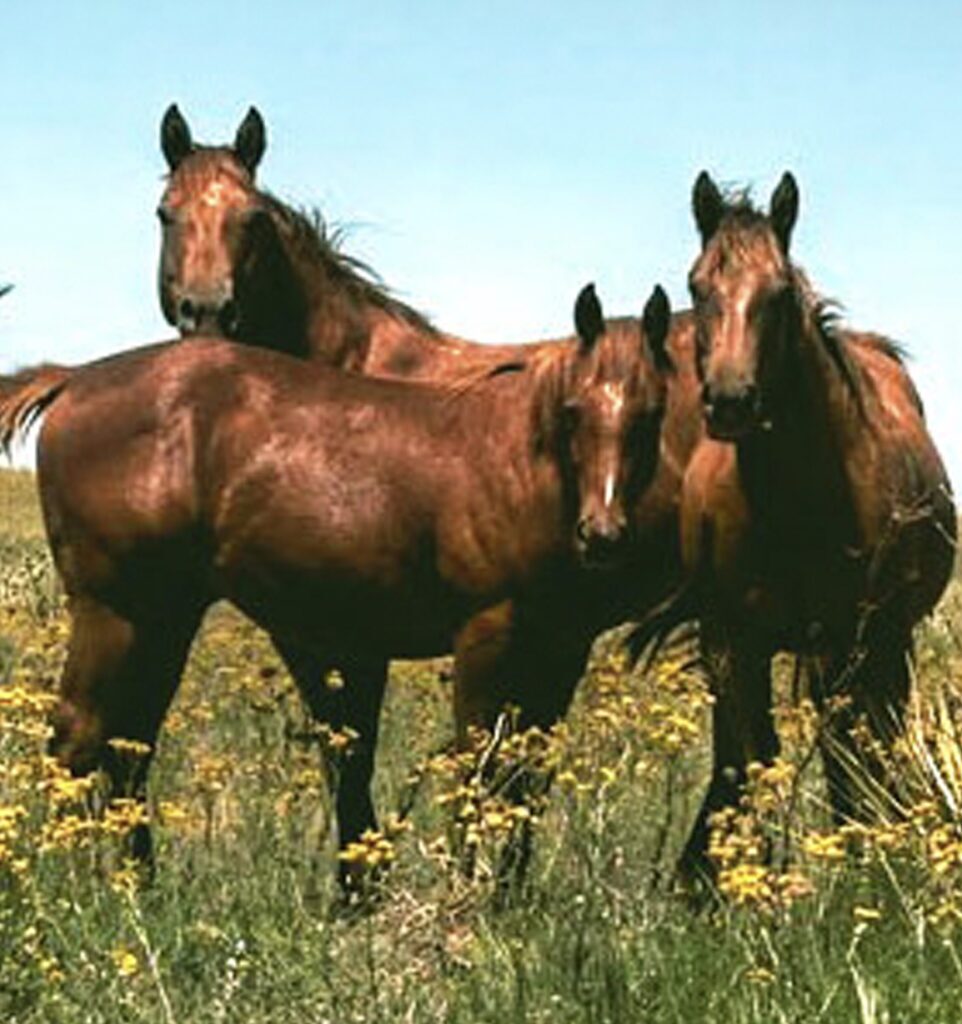Risk Management & Asset Protection
While it’s easy to understand the monetary value of the recreational enjoyment of your land, the liability that ownership brings may not be top of mind. Texas landowners face a multitude of risks.
Individuals can suffer injuries from hunting, ATV use, swimming, horseback riding, and any number of other recreational activities. A landowner’s personal assets can potentially be exposed to claims from creditors, guests, and lessees.
Moreover, without a robust risk management plan, your assets are vulnerable to creditors due to unforeseen business debts, medical emergencies, accidental injuries, divorce, bankruptcy, or other personal or business crises.










